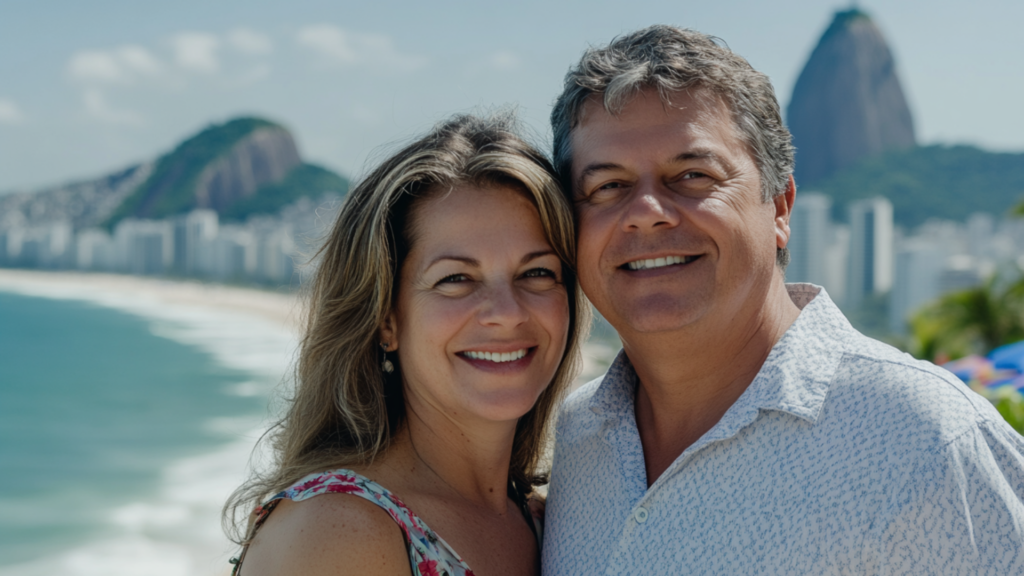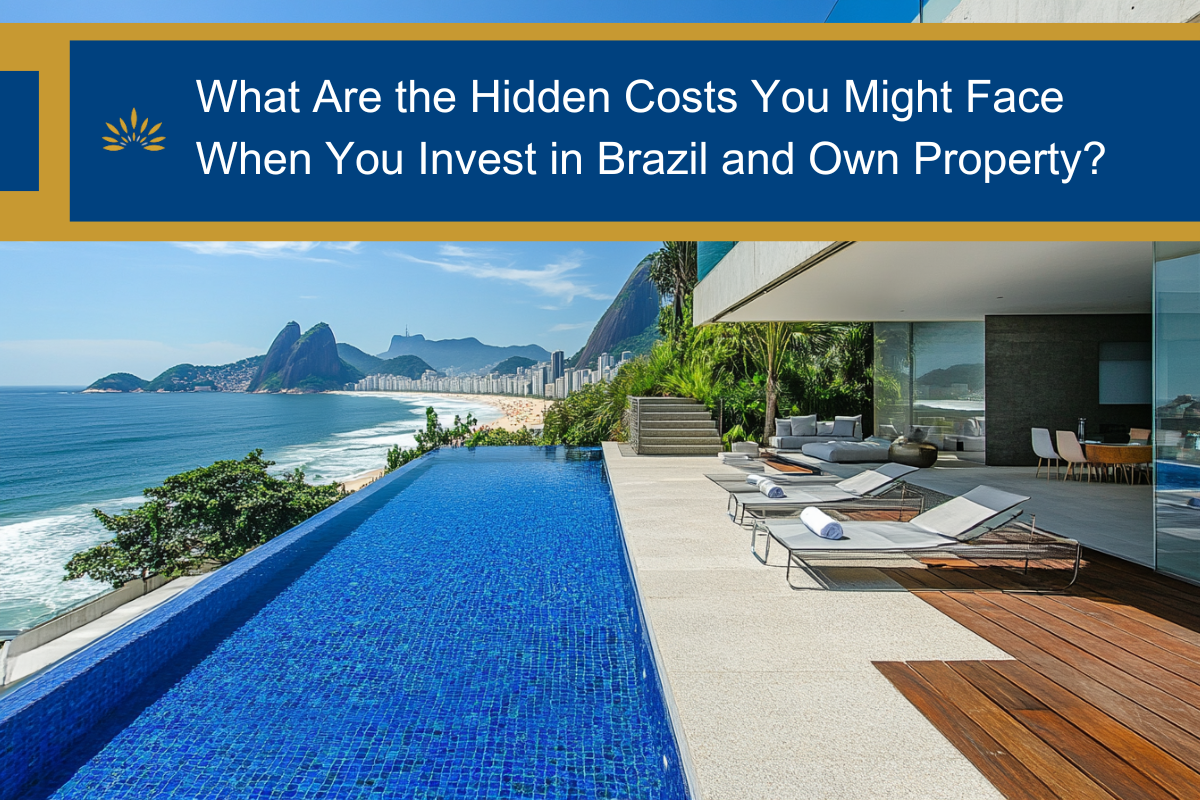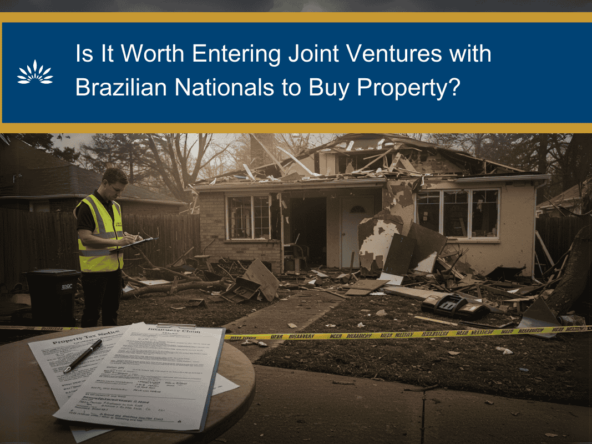When Sarah and David, an international couple, decided to invest in Brazil by purchasing a beachside condo in Rio de Janeiro, they were excited to enjoy stunning ocean views and a warm climate. However, as they settled into their new property, unexpected expenses began to pile up, leaving them wondering: “What are the costs of buying a house that we didn’t account for?”

If you’re considering investing in Brazil, it’s crucial to understand the lesser-known costs associated with owning property. When you invest in Brazil, these hidden fees can impact your budget and long-term returns. Let’s break down the most common ones.
1. Condominium Fees
If you’re purchasing an apartment in Brazil, condo fees are one of the first hidden costs you’ll encounter. These monthly payments cover the maintenance of shared amenities such as swimming pools, gyms, elevators, and security. The fees can vary greatly depending on the building and location. For instance, luxury condos in São Paulo often charge higher fees compared to smaller developments in less urban areas. Make sure to consider these costs when you invest in Brazil.
Example:
In upscale neighborhoods like Jardim Paulista, condo fees can range from R$1,500 to R$3,000 per month, depending on the amenities offered.
2. Property Maintenance Charges
Owning a property comes with regular maintenance expenses that many buyers overlook. This includes costs for repairs, pest control, landscaping, and routine inspections to ensure the property remains in good condition. When you invest in Brazil, these can add up quickly.
Tip:
If you’re considering buying a property in Brazil for short-term rental income, it’s wise to allocate a portion of your revenue for maintenance. Properties near the coast, for example, may require frequent upkeep due to humidity and salt air, which can cause wear and tear.
Looking for Expert Guidance? Let Us Help!
[email protected]
+55 (21) 4042-0633
+1-214-438-3777
3. Local Association Dues
In some neighborhoods, particularly gated communities (condomínios fechados), homeowners may be required to pay local association dues. These fees fund shared infrastructure like road maintenance, street lighting, and community security.
Quick Insight:
Check the community’s bylaws or speak to your real estate agent at Camila Saunier International Realty to understand the specific obligations tied to the property.
4. Transfer Taxes and Registration Fees
When you purchase real estate in Brazil, you’ll need to pay the Imposto de Transmissão de Bens Imóveis (ITBI)—a transfer tax that typically amounts to 2%–4% of the property value. Additionally, registration fees to formalize the property in your name can add another layer of expense. Be sure to account for these when you invest in Brazil.
Example:
If you buy a property valued at R$1,000,000, the transfer tax alone could range from R$20,000 to R$40,000, not including additional registration costs.
5. Capital Gains Tax
If you eventually decide to sell your property, Brazil imposes a capital gains tax of 15%–22.5% on the profit made from the sale. There are exemptions, such as using the proceeds to buy another property in Brazil, but careful planning is needed to minimize this cost.
Legal Tip:
Consider consulting Oliveira Lawyers, a trusted partner of Camila Saunier International Realty, to navigate Brazil’s tax laws and reduce your financial burden.
Looking for Expert Guidance? Let Us Help!
[email protected]
+55 (21) 4042-0633
+1-214-438-3777
6. Hidden Fees in Utilities
Setting up utilities like water, electricity, and internet often comes with hidden activation fees or deposits. Monthly bills for these services can also fluctuate based on regional rates and consumption patterns. When you invest in Brazil, these fluctuations should be expected.
Example:
In large cities, electricity bills might average R$200–R$400 per month, but in smaller towns, costs can be significantly lower.
7. Currency Exchange Fluctuations
For international buyers, currency exchange rates can be an unpredictable hidden cost. Fluctuations in the Brazilian real (BRL) against your home currency may affect your purchase price and ongoing expenses.
Final Thoughts: Plan Ahead to Avoid Surprises
Understanding what is a hidden cost before committing to buying property in Brazil can save you from financial strain. From condo fees to maintenance and taxes, every expense should be accounted for in your investment plan. This knowledge is crucial when you invest in Brazil.
What’s your biggest concern about investing in Brazil? Let us know in the comments, or contact Camila Saunier International Realty for expert advice tailored to your needs.






Leave a Reply